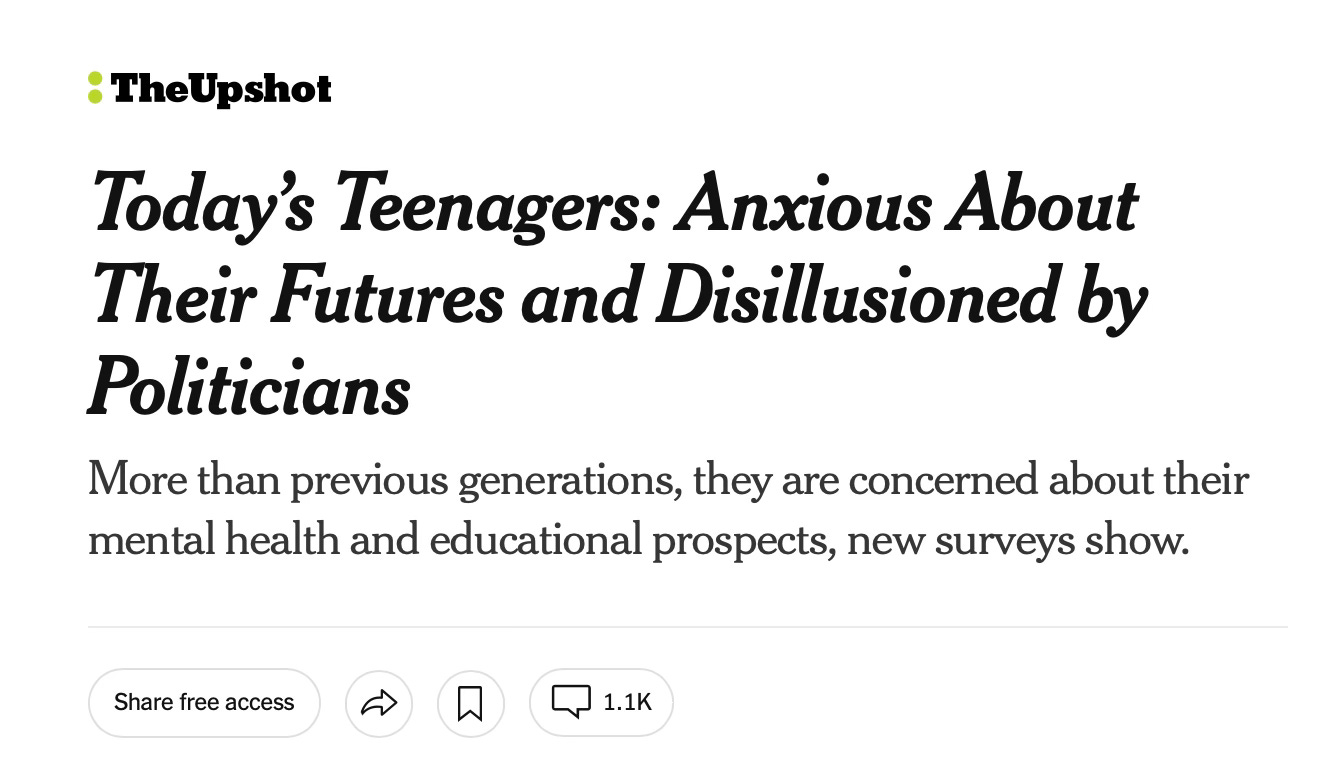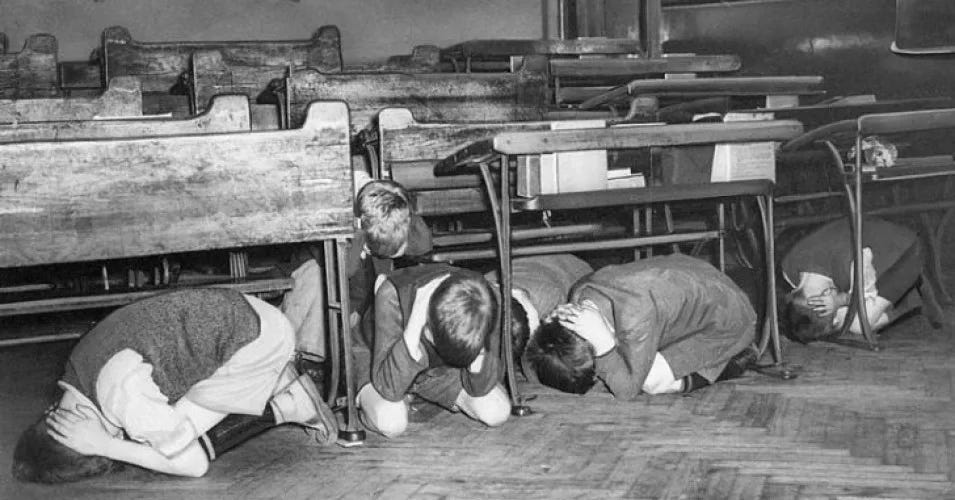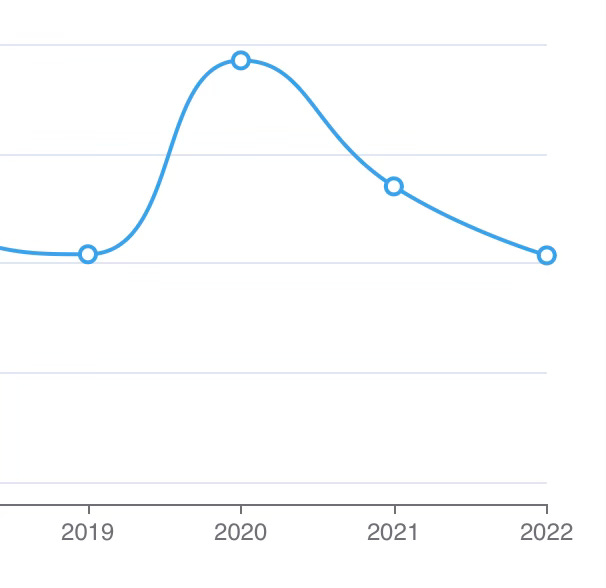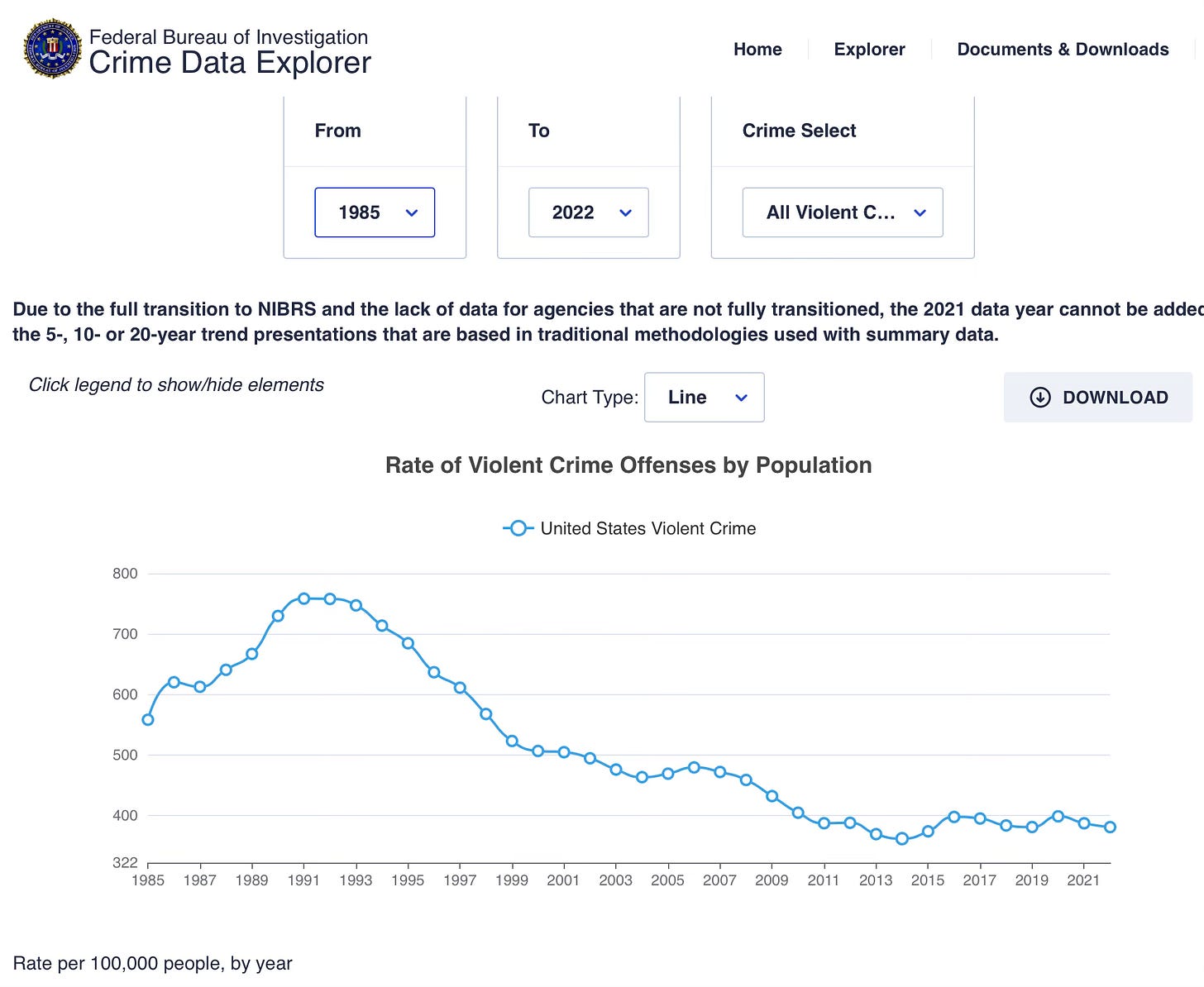To Learn From History...
...take history seriously. Unlike Donald Trump. And The New York Times.
One of Donald Trump’s many tics is claiming that whatever he is talking about is not only extreme — extremely good, bad, luxurious, whatever — but the most extreme in all of history.
“No president has ever done what I’ve done,” went a typical boast. “No president has ever even come close.”
Does that mean Trump carefully examined the records of past presidents and did a line-by-line comparison? Of course not. It’s just self-promotion. He’s blowing smoke. It’s no different than a hotdog vendor who claims his hotdogs are “the best in America. Maybe the best ever.” It’s just sales talk.
If Trump’s habit were limited to con men from Queens and other hucksters it wouldn’t be worth noticing. But it’s far more common than that. And very often, the people comparing a thing in the present and past think the comparison is insightful and important, and want others to agree, even when the comparison is not much more thoughtful than Trump’s.
A recent headline in The New York Times illustrates.
“Teenagers are anxious” isn’t much of a story. Being anxious is pretty much a teenager’s job description. What makes this story alarming is the comparison: “more than previous generations.” This isn’t normal anxiety, it tells us. This is something new and different.
It got my attention, alright. So what is the evidence that the situation is worse than ever? Here it is:
It’s not just about teenage angst. A different survey, by Gallup and the Walton Family Foundation, the latest installment of which was also released Monday, has asked questions of young people over time and looked at how their answers have changed. Members of Gen Z, ages 12 to 27, are significantly less likely to rate their current and future lives highly than millennials were when they were the same age, it found.
Among those 18 to 26, just 15 percent said their mental health was excellent. That is a large decline from both 2013 and 2003, when just over half said so.
Those are interesting and important facts. But “more than previous generations”? At most, this provides a comparison with one earlier generation, Millennials, in 2003. There’s nothing about other generations at the same age. That’s no doubt a function of the data set, which apparently only goes back to 2003, so earlier comparisons are impossible. So why say “more than previous generations,” a claim which is clearly not substantiated in the article? Because people routinely make comparisons like these glibly. And there’s seldom an objection when they do.
I suspect this is mostly the product of an asymmetry: We care about the thing we’re looking at now, in the present, but we don’t actually care about the past. We’re only looking at the past to get some insight into this thing now. And because we don’t care about the past, we accept shoddy or superficial or insufficient evidence that we wouldn’t in other circumstances — even in an article about a serious subject in The New York Times.
Sometimes this doesn’t matter. But sometimes it leads us to draw firm conclusions about important matters — like “teenagers are more anxious that they were in previous generations” — that are not warranted. Just read the comments on that Times story. Reader after reader takes it as proven that today’s teenagers are more anxious than previous generations, including Xers and Boomers — even though there isn’t a lick of evidence about those earlier generations in the article.
This shoddy treatment of history also means we miss out on different perspectives that could enrich our thinking about today.
Another recent example from The New York Times: An op-ed writer said that when the pandemic struck the United States “violent crime spiked.”
Using the FBI’s “Crime Data Explorer,” allow me to show you what happened to violent crime when the pandemic struck. And what happens when you add historical context to the analysis.
First, here is a closeup of the violent crime data from 2019 to 2022.
Yep, sure looks like a spike.
But now let’s zoom back a little so we have the perspective of a full decade.
That spike now looks significant but a lot less dramatic.
But now let’s pull back as far as the FBI data go, which is 1985.
Now that dramatic spike in violent crime looks like a bump at the bottom of a toboggan hill.
Reasonable people can look at these different perspectives and draw different conclusions. But I think any reasonable person would agree that these deeper historical perspectives provide valuable insight. Yes?
And there’s no reason why the comparisons have to end there. The 1980s figures were up substantially over the lows of several decades earlier. That’s interesting. But go back a few centuries and you will discover that America was far more violent than at any time in the 20th century. Go all the way back to medieval England — merry olde England! — and you will see violent crime rates that make America in 2024 look like a commune run by Swedish Buddhists. (See Steven Pinker’s “The Better Angels of Our Nature” for heaps and heaps of data that will make you glad you’re alive today, even if you do have to live with Donald Trump.)
There is, however, an argument against this sort of perspective-taking. Washington Post columnist Helaine Olen made it succinctly in mid-2021, when the “violent crime spike” was underway and Republicans were making hay with it.
Telling voters to chill because crime was much worse in the 1990s isn’t going to cut it anywhere outside of Twitter’s activist bubble. Behavioural experts say our basis of comparison is the recent past, not far-off events.
As a matter of political strategy, Olen is surely right. She is also right that people’s comparisons do tend to be quite shallow, which is something political strategists must contend with.
But for those of us more interested in understanding reality than political strategy, our natural tendency to think three years ago is ancient history is not something we should accept and embrace. It prevents us from seeing new perspectives on today’s reality, which prevents us from enriching our thinking about today. We can and must push back against it.
We can do that two ways.
First, recognize that while it’s natural to judge by comparing, and natural to look to the past for a comparison, following your natural inclinations is likely to produce a superficial reading. Push the comparison back further into history. Get more and deeper perspectives. And if you find that you can’t do that because, for example, the apples-to-apples dataset only goes back to 2003, make explicit that your comparison is shallow. Do not turn “higher than it was 20 years ago” into “higher than previous generations.”
Second, treat history better. Learn to find it as interesting as the present. Or if you can’t, at least apply the same standards to history as you would the present: If the evidence before you is so weak or patchy or non-existent that you would never use it to draw a conclusion about the present, don’t accept it to draw a conclusion about the past.
Take history seriously. Take historical comparisons seriously. We can learn a lot from the past if we do.
Or to put all that a little more simply: You know how Donald Trump often makes historical comparisons that are shallow, misleading, ignorant, and occasionally absurd for the simple reason that the man has no interest in history, or even reality? Do the opposite.
You’re welcome.







Thank you, Sir.
I will - at my great peril! - offer a comparison to confirm your assertions about lack of willingness to consider history.
My great peril arises in that I will mention the issue of climate change. Not that I deny it is changing, you understand - obligatory disclaimer! - but that context is important.
First off, we are constantly being told that we getting to warmer and warmer temperatures and it does seem so to me. Having said that, there is little context to that claim; there is no consideration to the scare in the 1970s and 1980s about global cooling (including arguments by the saints who now argue "in favor" of the concept of global warming!). There is no consideration in those current comments about what happened as recently as, oh, the 1960s, the 1970s, etc. There is no consideration about the medieval warm period when talking about "highest ever" or the "little ice age," what, about four hundred odd years ago and so forth.
So, my point is that the current "analysis" is not at all analytical. I expect that climate IS changing; after all, it always does change. The real issue is much more complicated than the headlines make it and I, therefore, accept in full your thesis. And, just for the record, perhaps mankind is responsible, etc.... and then, what do the various data truly tell us? The headlines certainly don't care.
Well said! Excellent article. Hyperbole abounds in today’s media. There seems to be a lack of critical thinking skills. A good reminder of the importance of perspective.